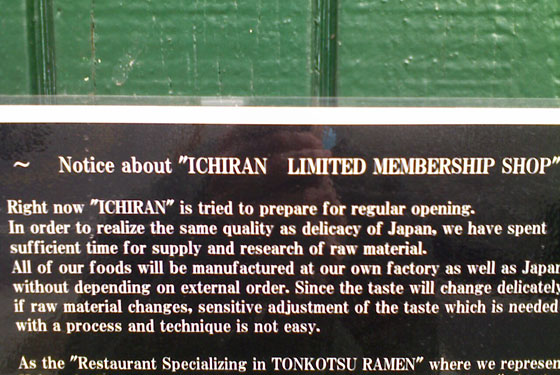



We therefore can live like nomads and gather like shepherds: news, knowledge, music, images, objects and food. The slow food movement has shifted the focus from the exotic and exclusive to a need for the local and the seasonal. Forgotten vegetables and regional recipes are rediscovered and reinvented. Now this movement is spreading to other domains within our lives and “slowing down” becomes a general and accepted idea.
Everything seems to indicate that rural realities are influencing urban life. The greening of the city and the urbanization of the country will ultimately lead to the blurring of borders between these two domains. Designers, artists and architects are reflecting upon this exchange of ideas. The life of man and animal will be strongly integrated and the production of food will take place within the city borders. In a search for autarchy, a more mature and autonomous positioning is requested concerning the chain of food production. New ideas will be born to seed, hybrid and harvest within the city.
Materials will be given by the land and animals and will be treated with respect; they will carry the honest identity of the fibre and the flock and transform the designer into a conceptual farmer. Several internationally renowned designers already choose to live on farms today.
Form is derived from the romantic pastoral past and seeks the essence of the farm in new materials and images. The land and earth is studied, mapped and researched and is used to formulate simple and generic tabletop products made from a colourcard of clay from the polder. The wheelbarrow and the rocking chair are reinvented. The tile stove and pick fork are back. In a first trial to understand and map this movement, through fifteen installations, Eindhoven’s Designhuis will explore a new lifestyle where humans are seen as an integral part of the ecologic cycle, integrated in the process. Placing themselves on equal ground with agriculture and animal. Humans with respect for life.
Image: Christien Meindertsma
Image: Ton Matton
Image: Koen van Mechelen






































































